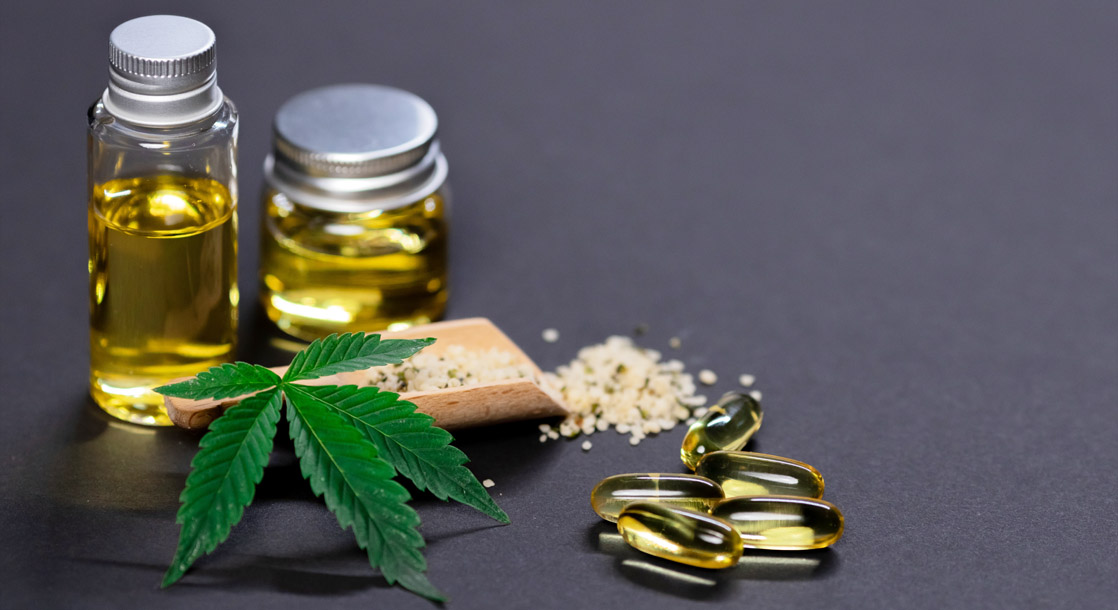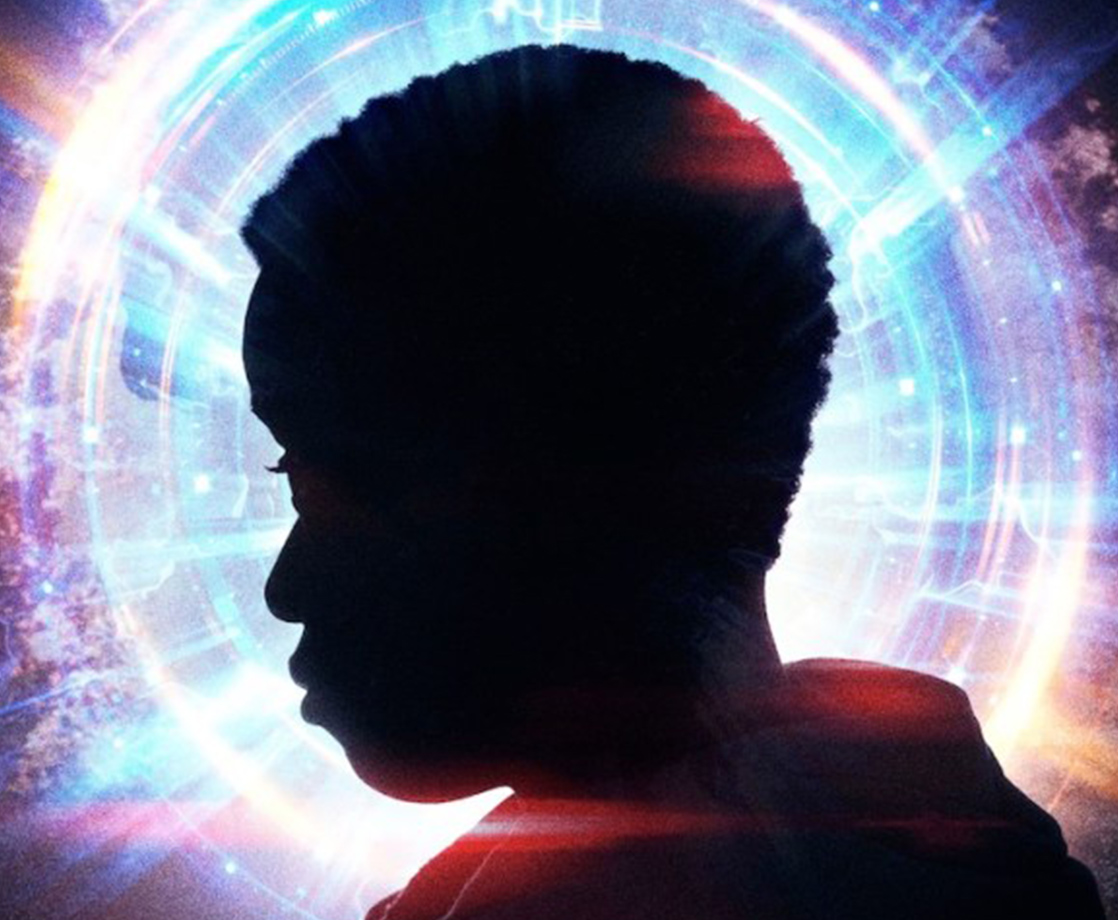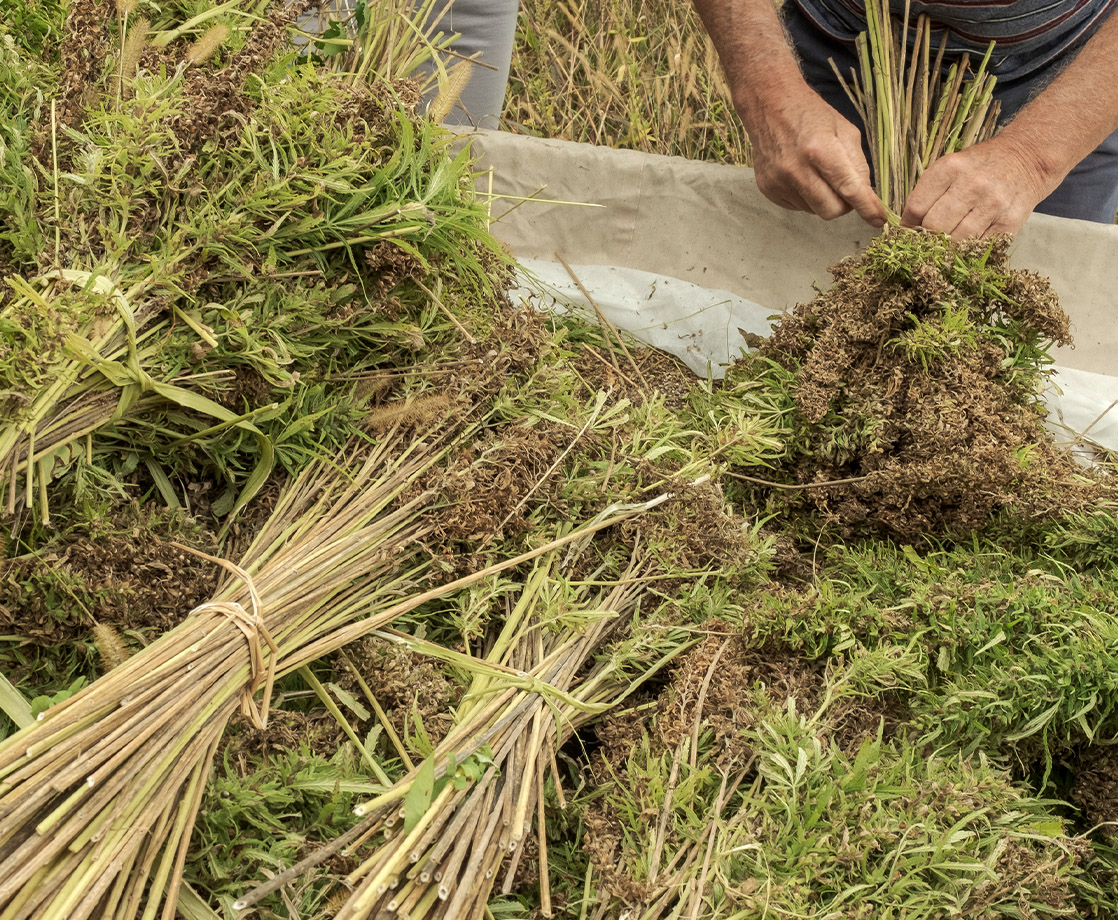A new clinical study is casting doubt on earlier research that suggests CBD could help counteract paranoia, cognitive impairments, or other negative reactions to THC-rich cannabis.
A team of researchers from Australia, Italy, and the UK set out to explore the interaction between CBD and THC, two of the best-understood natural cannabinoids. To conduct the experiment, researchers recruited 46 healthy volunteers who had gotten high before, but had not used weed more than once a week over the past year. Each subject was asked to complete a variety of tests and assessments after vaping either cannabis or a placebo.
The researchers conducted the tests using ground flower imported from a Dutch medical cannabis company. Each cannabis dose included 10 mg of THC along with either 0, 10, 20, or 30 mg of CBD. Additionally, one group of subjects vaped a placebo that had no measurable cannabinoid content. After vaping, subjects completed a battery of cognitive tasks and psychological questionnaires. Researchers also asked subjects to buy an item from a shop in the hospital, a task that has been shown to increase paranoia in people who are high AF.
Researchers then compared the results of the tests between the groups of subjects that consumed different CBD:THC ratios. All subjects performed more poorly on memory-related tasks after smoking weed than they did while sober, but increased amounts of CBD did not improve performance. Similarly, higher ratios of CBD did not reduce self-reported feelings of paranoia or intoxication. The study also reported that the varying CBD ratios had no impact on subjects’ blood pressure, heart rate, body temperature, or other physiological metrics.
On a positive note, the researchers also found that CBD does not blunt the positive effects of weed, either. Both before and after they got high, subjects were asked to rate their enjoyment of one of their favorite songs as well as either a glass of milk or a piece of chocolate. Researchers found that THC still boosted subjects’ enjoyment of these basic pleasures, regardless of the amount of CBD they consumed.
“At the doses typically present in recreational and medicinal cannabis, we found no evidence of CBD reducing the acute adverse effects of THC on cognition and mental health,” the study authors concluded. “Similarly, there was no evidence that it altered the subjective or pleasurable effects of THC. These results suggest that the CBD content in cannabis may not be a critical consideration in decisions about its regulation or the definition of a standard THC unit.”
This study sharply contradicts the findings of several other recent research studies on the same topic. One early study from 2017 found that mice who received a dose of pure THC showed more signs of memory impairment and anxiety than mice who received an equal amount of THC and CBD. A more recent study repeated a similar experiment among humans, and found that people who smoked a 1:1 THC:CBD blend reported significantly fewer negative effects than those who smoked high-THC, low-CBD bud.
These completely opposite results clearly show that the jury is still out on the interaction between CBD and THC. The authors of the present study suggested attempting additional experiments using even higher ratios of CBD, or pre-dosing subjects with CBD before they consume THC, to help them better understand these interactions.
Cover image via











